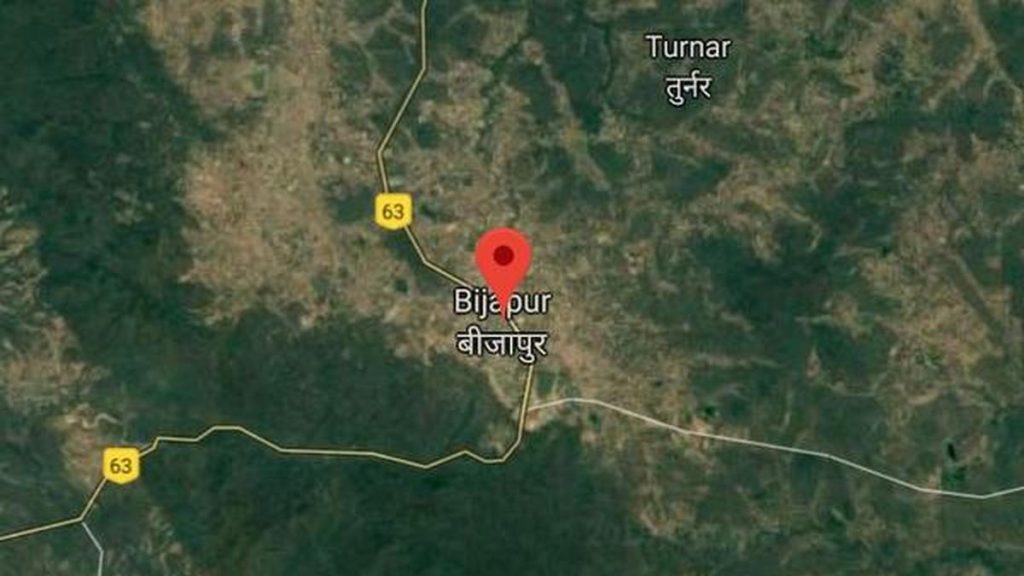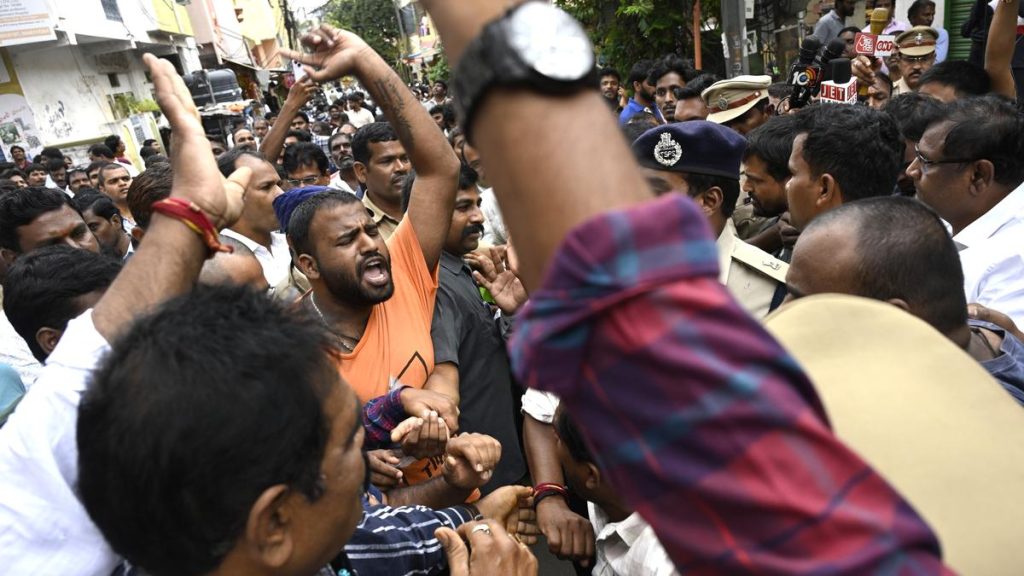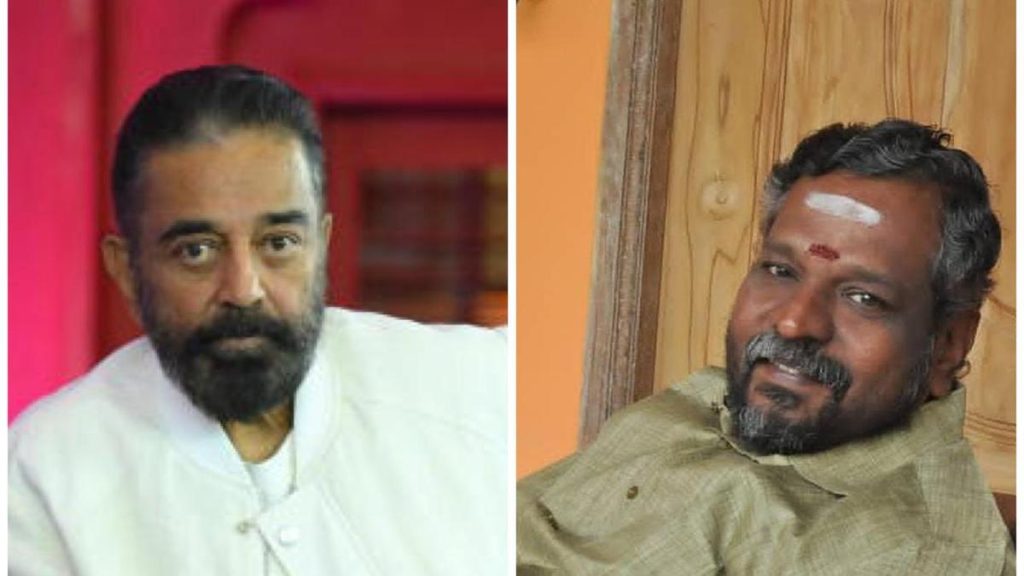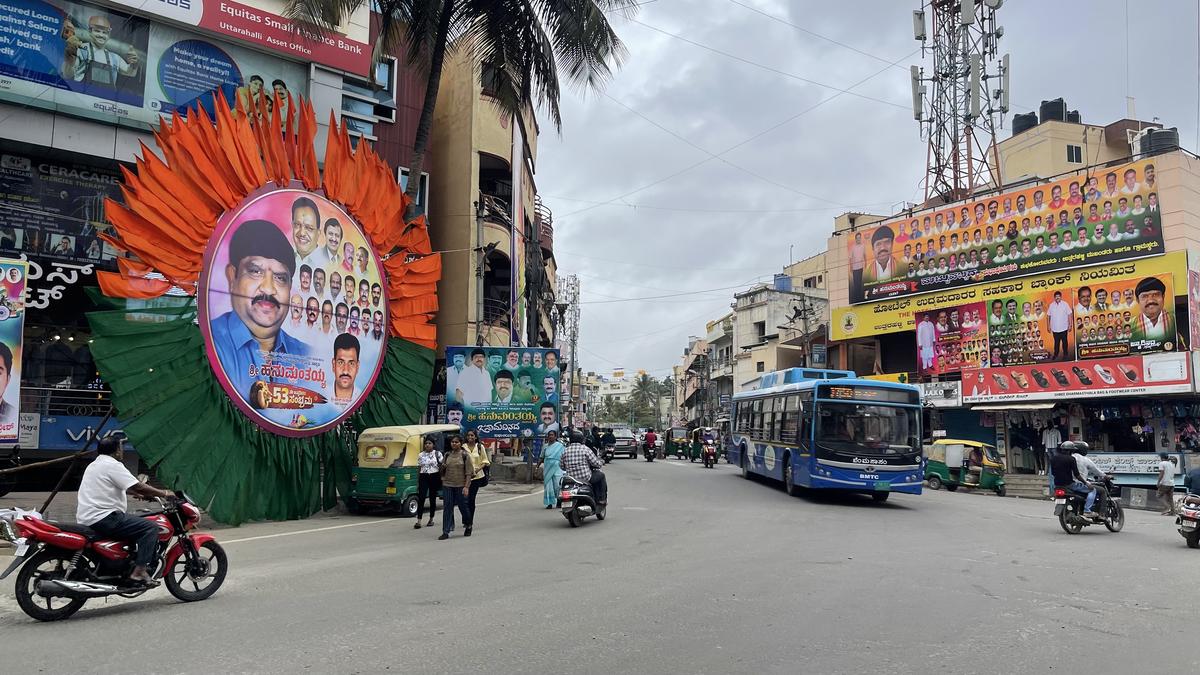Now Reading: Ashok Accuses Siddaramaiah of Conspiracy Against Dharmasthala
-
01
Ashok Accuses Siddaramaiah of Conspiracy Against Dharmasthala
Ashok Accuses Siddaramaiah of Conspiracy Against Dharmasthala
Speedy Summary
- Leader of Opposition Criticism: R. Ashok, Leader of Opposition in the Assembly, accused Chief Minister Siddaramaiah of being behind a conspiracy to defame Dharmasthala.
- Urban Naxals Allegation: Claims were made that an alleged group described as Urban Naxals with Leftist ideology is spreading slander against Hindu temples, including Dharmasthala.
- SIT Inquiry Dispute: While not opposed to investigations into specific cases like the Saujanya case, Mr. Ashok objected to the formation of an SIT allegedly influenced by unreliable sources under the Congress’s government leadership.
- Broader Concerns: He stated worries about damage to dharmasthala’s reputation and criticized perceived targeting of Hindu holy places and their traditions.
- Assembly Session Action Plan: The issue is likely to be raised during upcoming Assembly deliberations by opposition members.
Indian Opinion analysis
The allegations made by R. Ashok highlight ongoing political tensions in Karnataka regarding religious sentiments and governance decisions tied to temple-related controversies. Such criticism reflects broader concerns over how investigative bodies like SIT are utilized and whether their formation risks politicization or eroding public faith in justice systems.
The claim regarding “Urban Naxals” introduces polarizing rhetoric that may escalate ideological divides within society while clouding discussions on actionable solutions for temple-related disputes or reforms concerning investigations such as those on public trust-sensitive cases like Saujanya’s.
As this debate unfolds in legislative assemblies, it is essential for political stakeholders on both sides to focus narrowly on substantive legal resolutions without leaning heavily into inflammatory accusations or narratives undermining communal harmony-a critical consideration for Karnataka’s diverse sociopolitical fabric.
























